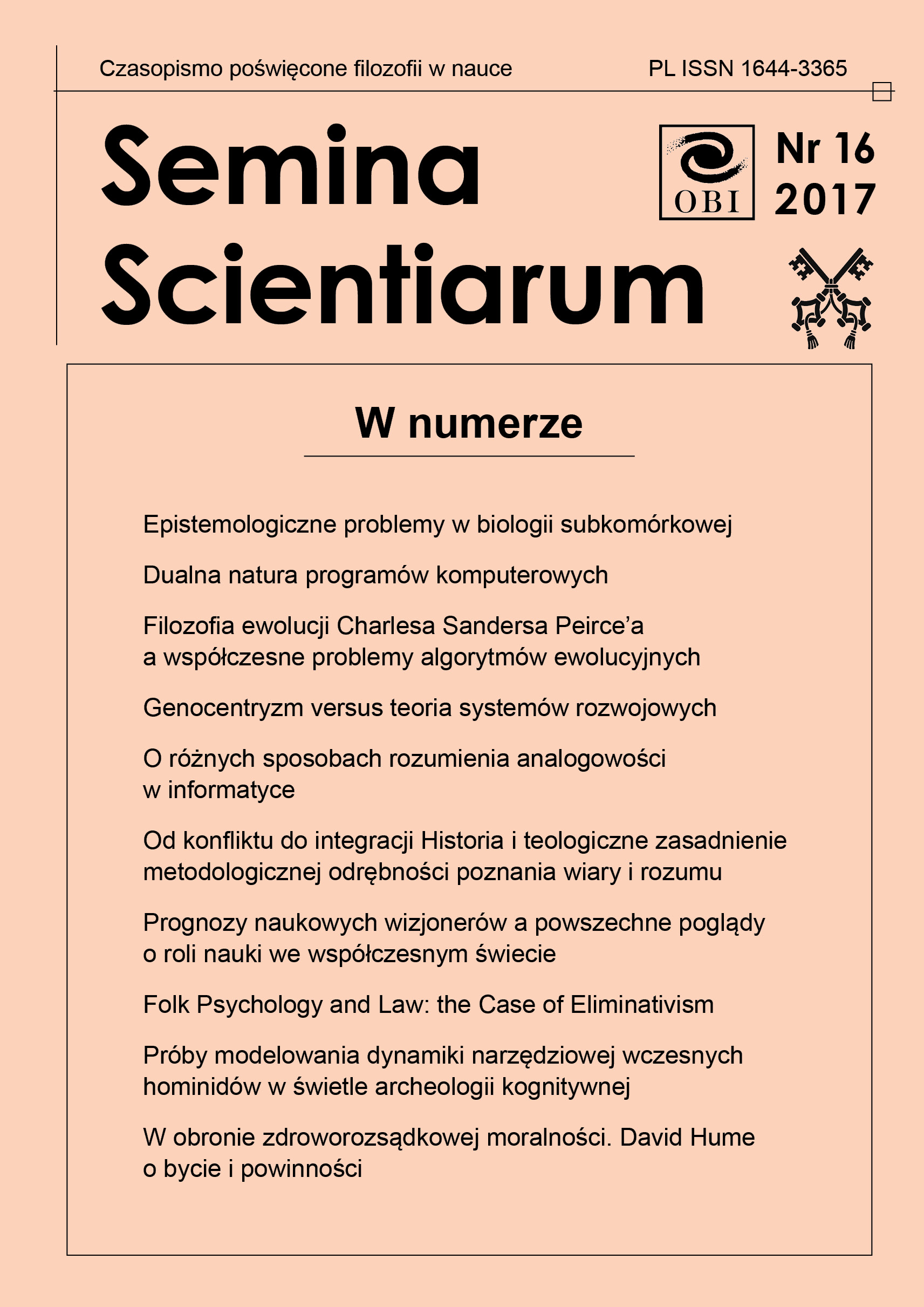W obronie zdroworozsądkowej moralności. David Hume o bycie i powinności
In defense of common sense. David Hume on ‘Is’ and ‘Ought’
Author(s): Szymon OsmolaSubject(s): Ethics / Practical Philosophy, Early Modern Philosophy, Philosophy of Law
Published by: Wydawnictwo Naukowe Uniwersytetu Papieskiego Jana Pawła II w Krakowie
Keywords: Hume David; is; ought; common sense; ethical rationalism; Clarke Samuel; moral sentimentalism;
Summary/Abstract: In the article the author rejects traditional, logical interpretation of the famous “Is-Ought Paragraph” from David Hume’s A Treatise of Human Nature. He argues that most of the interpreters failed to grasp the wide philosophical background of the IsOP, which is, generally speaking, a passionate discussion between ethical rationalists and ethical anti-rationalists in the 17th and 18th century British philosophy. The author shows that the Hume’s main aim in the IsOP is to strengthen his previous arguments against ethical rationalism and to reinforce (and not subvert at all) the common-sense (vulgar) systems of morality, likewise he did in the first book of the Treatise… in case of the theory of knowledge. The author argues that there is no putative thesis of logic in the IsOP, which some scholars call “Hume’s Law”.
Journal: Semina Scientiarum
- Issue Year: 1/2017
- Issue No: 16
- Page Range: 194-210
- Page Count: 17
- Language: Polish

